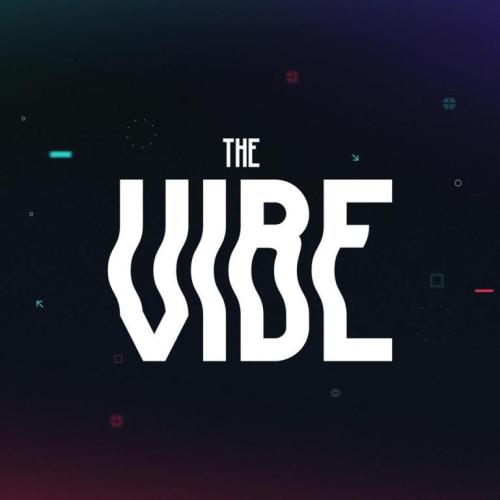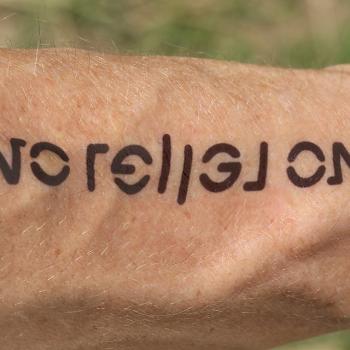Can you feel it in the air? A shift in the cultural climate?
The re-election of Donald Trump has prompted some extraordinary responses. The tech moguls Zuckerberg, Bezos, and Altman, who gave so much money to his opponents, are now lining up to do him homage and pay him tribute in the form of million-dollar donations to his inauguration celebrations. ABC has settled a libel suit filed by Trump–he was always filing suits like that, but they never got anywhere–with the mainstream media network agreeing to pay him $15 million.
The palpable sense of change isn’t just about Trump directly. Universities and corporations are dumping their DEI programs. Transgenderism is on the ropes. California votes to get tough on crime. And it isn’t just in the United States. The left-leaning governments of France and Germany have fallen and Canada’s is on the verge, with moderates and conservatives poised to take their place. Hezbollah has been eliminated, Iran is reeling, and Syria’s dictatorship has been overthrown.
Social observers and trend-trackers, few of whom are conservatives, are sensing a new cultural “vibe” (“the mood of a place, situation, person, etc. and the way that they make you feel”).
The British historian Niall Ferguson (the husband of Ayaan Hirsi Ali) writes about this for The Free Press in an article entitled The Vibe Shift Goes Global. He writes:
The pop culture commentator Sean Monahan identified three mini-epochs between 2003 and 2020: Hipster/Indie (ca. 2003–9), Post-Internet/Techno (ca. 2010–16), and Hypebeast/Woke (ca. 2016–20). Each was defined by a distinct aesthetic, and the vibe shift from one to the other was swift and palpable. As the pandemic receded, New York magazine’s Allison P. Davis predicted that another vibe shift had to be approaching. (And indeed, Monahan has dubbed the new epoch “Pilled/Scene.”)
Santiago Pliego is more specific. “Fundamentally, the Vibe Shift is a return to—a championing of—Reality, a rejection of the bureaucratic, the cowardly, the guilt-driven; a return to greatness, courage, and joyous ambition.” Ferguson draws on Pliego, but I’ll quote him at greater length, from his Substack essay Vibe Shift:
The Vibe Shift looks like ditching childless civilizational nihilism and saying, yeah, having kids is good, actually.
The Vibe Shift is the repudiation of homogenizing hyperglobalism and instead intentionally pursuing the communal, the local, and the national.
The Vibe Shift is the rejection of reality denial and instead embracing that men and women are unique and different.
The Vibe Shift is the refusal to subordinate yourself and your family to the whims and anxieties of activists and bureaucrats and relearning to trust your eyes and ears.
The Vibe Shift is the rejection of secular liberal materialism and a return to the Christian foundations of the West.
The Vibe Shift is taking off the ironic veil that aims to cover the festering wounds of despair and putting on the vestments of seriousness instead.
The Vibe Shift is laughing at those trying to demonize men and cheerfully proclaiming “Dudes rock.”
The Vibe Shift is spurning the fake and therapeutic and reclaiming the authentic and concrete.
The Vibe Shift is a healthy suspicion of credentialism and a return to human judgment.
The Vibe Shift is living not by lies, and instead speaking the truth—whatever the cost.
The Vibe Shift is directly facing our tumultuous times, refusing to blackpill, and choosing to build instead.
A return to Reality! Imagine that! “Blackpill” means giving up and surrendering to nihilism. Monahan’s essay Vibe Shift America names this new vibe as “Pilled/Scene” but he doesn’t bother to say what he means by that. I believe this is a reference to the movie Matrix and the choice it poses between the blue pill and the red pill, the latter leading to an awareness of actual reality as opposed to the virtual, illusory reality most people are caught in. “Pilled” in slang means “denoting dedication to or a heightened awareness of something.” “Scene,” says Perplexity.ai, “could refer to a return to distinct subcultures or ‘scenes’ in contrast to more homogenized cultural trends.” So “pilled/scene” could mean waking up to objective reality and that it’s OK to belong to a group with specific beliefs and perspectives instead of having to conform to one politically-correct position.
If this “vibe shift” is a true cultural change, it won’t just be the rise of a political faction. Liberals and progressives will have to feel it too. Donald Trump’s re-election is associated with this vibe shift not as a cause, exactly, but as a marker, like the fall of the Berlin Wall marked the end of Modernism and the George Floyd killing and the riots that followed marked the rise of Woke.
I do think liberals and progressives are also sick of the woke climate, the pressure of having to be on their guard with everything they say lest they incur the wrath of the self-righteous and find themselves cancelled, ostracized, or fired. I can tell you that this is certainly true in academia, where many impeccably progressive professors are sick and tired of what grievance studies and postmodern relativism have done to their disciplines and their professions.
I’m not convinced that the alleged vibe shift will move the culture back to where it should be. But ideas, attitudes, worldviews are always changing, as history shows. Perhaps we are on the cusp of a new phase. But if some of the old fashions fade, new ones will emerge that will likely also be challenging for Christians to deal with, though for different reasons. Still, it will be interesting to watch what takes shape.
Illustration: Kartikrao1985, CC BY-SA 4.0 <https://creativecommons.org/licenses/by-sa/4.0>, via Wikimedia Commons

















